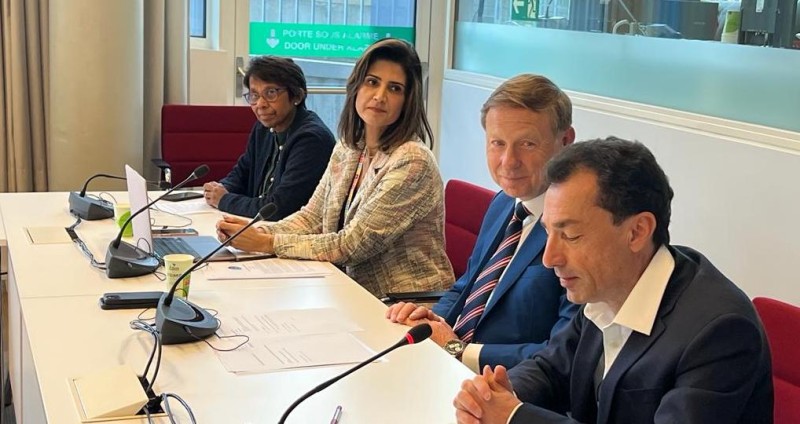Day 3 of the SCCR was dedicated to the discussion around exceptions and limitations focusing mainly on the preservation toolkit.
The morning started with more general remarks on the exceptions and limitations agenda items. Member State interventions continued to demonstrate the split over how to proceed. The floor was then given to observers where a number of civil society NGOs, many of whom being members of the Access to Knowledge Coalition, consistently called for urgent international treaties on exceptions and limitations, referencing the Africa Group proposal and a clear time frame for action.
IPA President, Karine Pansa, took the floor to underline IPA’s commitment to constructive dialogue, its position that an international treaty is not necessary, and that the current international legal framework provides sufficient flexibility. She also called on the discussion to remain focused and targeted in order to secure the best results. You can read her full speech here.
The three authors of the preservation toolkit, Rina Elster Pantalony, Kenneth D. Crews and David Sutton, then presented their work outlining their process and the logic of their drafting decisions.
The Wednesday lunchtime side event was the presentation of a new WIPO IP Diagnostics for Publishers Tool. The tool was prepared by WIPO’s IP for Business Division (IPBD) and Information and Digital Outreach Division (IDOD). IPA President, Karine Pansa, delivered a keynote as part of the launch underlining how central copyright is to the work of publishers and how the tool can form a valuable part of the information available to new or young publishers as they develop their copyright knowledge. It is currently available in English but will be extended to all 6 UN languages with the opportunities for Member States to customize its content.
The afternoon session continued the exchanges between Member States, observers and the three authors of the preservation toolkit. IPA took the floor to thank the authors for their work and to express its concern about the toolkit. IPA underlined the importance of this toolkit process in securing broad support for any future work. Where IPA underlined the need for access to be separated from preservation, many observers argued that access should be considered an integral part of preservation. As noted in our initial statement, IPA will continue to engage constructively with the authors and the secretariat on the language.
The last hour of discussions was dedicated to an update on the research scoping study provided by Professor Raquel Xalabarder. Connected discussions will continue on Thursday with the Presentation on cross-border issues re: education and research.
The day closed with the Africa Group presenting its update on the Proposal by the African Group for a Draft Work Program on Exceptions and Limitations.
The evening’s side event was “Unfair remuneration of performers in the digital environment: Towards a WIPO remedy”, organized by The International Federation of Musicians (FIM), The Association of European Performers’ Organizations (AEPO-ARTIS), The Societies’ Council for the Collective Management of Performers’ Rights (SCAPR), The Federación Iberolatinoamericana de Artistas, and Intérpretes y Ejecutantes (FILAIE).

